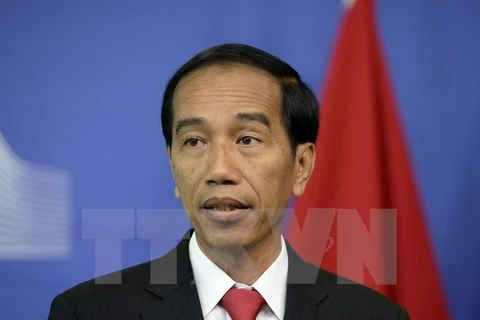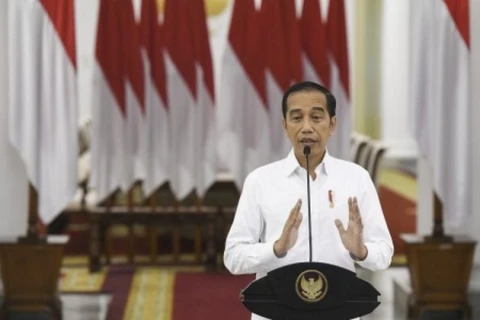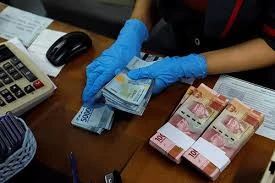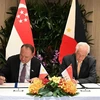Jakarta (VNA) – The Bank Indonesia (BI) on May 6 committed extra efforts to bolster the economy in the context that the country’s economic growth is forecast to weaken 0.4 percent in the second quarter due to coronavirus containment measures.
BI Governor Perry Warjiyo projected GDP growth to pick up slightly to 1.2 percent in the third quarter and 3.1 percent in the fourth quarter, adding that the central bank might revise down its initial growth projection of 2.3 percent this full year after lower-than-expected first quarter growth.
BI’s forecast was based on the assumption that the virus outbreak would peak in May until mid-June, with economic activities starting to stabilise in the third quarter.
Perry told an online news conference that BI will use all of its instruments to boost the economy. In the short term, its interest rate policy will prioritise rupiah stability, although there is room to lower the rate.
The economy grew 2.97 percent year-on-year in this year’s first three months as household spending and investment growth slowed amid the COVID-19 outbreak, Statistics Indonesia (BPS) announced on May 5. The figure is weaker than the government, central bank and economists’ projections of around 4 percent.
The central bank decided to maintain its benchmark rate, the seven-day reverse repo rate, at 4.5 percent in April after trimming it twice this year to a total of 50 basis points in response to the outbreak.
The COVID-19 pandemic has affected people’s income, spending, investment and trade activities but the fiscal stimulus, economic recovery programme, businesses’ restructuring and BI’s support will help soften the impacts, Perry said, adding that liquidity injection was more effective to support the economy for now compared to lowering the interest rate.
BI has injected a total of 503.8 trillion Rp (33.38 billion USD) in additional liquidity to banks and the financial system to help cushion the economic impacts of the virus outbreak and to strengthen the rupiah as part of its quantitative easing measures./.
VNA
























